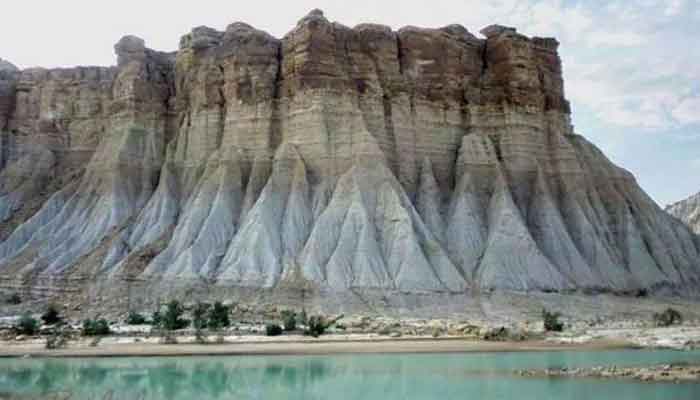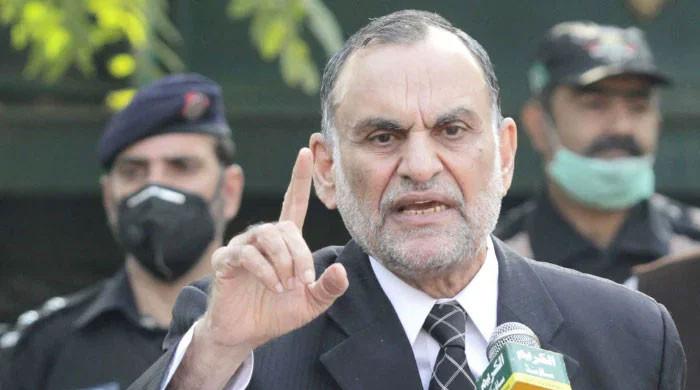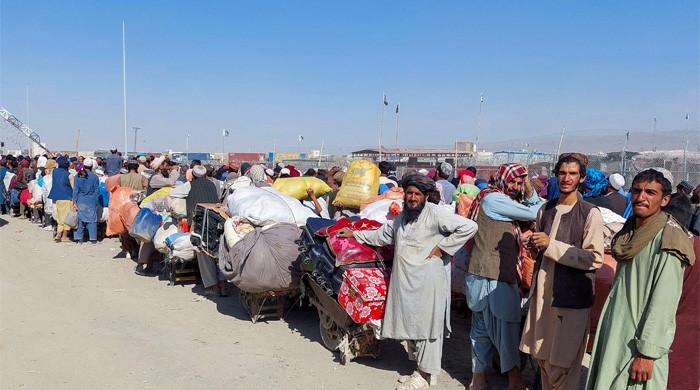Balochistan’s tourism potential: What is holding it back?
Balochistan has an array of historical landmarks, pristine beaches and green valleys. Yet, few know about them
February 24, 2020

The Balochistan government has held a series of seminars to promote tourism in Pakistan’s largest and most neglected province, and to encourage private companies to take an interest.
Balochistan has an array of historical landmarks, pristine beaches and green valleys. Yet, few know about them. From the emerald green coast of Makran to the hilly stations of Ziarat and Suleman Range, the province offers a perfect mix, all waiting to be discovered.
There are close to two dozen touristy spots. However, what has stemmed the flow of visitors is the lack of resorts and hotels around and near the landmarks.
Last week officials from Balochistan held a marathon-seminar in Karachi to showcase the province’s tourism potential. Since officials have had their hands tied and their budgets low, they have once again reached out to the private sector to take an interest.
At the moment there are no hotels, which meet the requirements of tourists, except a four star in Gwadar. Although some government departments have established rest houses, but they are reserved, all year around, by officials and their relatives.
The state-run Pakistan Tourism Development Corporation (PTDC), which owns and runs several motels in the country, is unfortunately only focused on Ziarat and has not done much to boost the tourism potential of the other landmarks. And even if tourists hope to visit the PTDC motel in Ziarat, they would be highly disappointed as it remains closed in the winters.
Other breathtaking places for the private sector to explore include the Urak valley, some 14 kilometers from Quetta, Chotair, Koh-e-Suleman, Bund Khusdil Khan and the Khojak Pass. Similarly, the lakes of Band Khushdil Khan in Pishin district and Zangi Nawar offer fishing and boating facilities to visitors.
Then there is the tomb of Bibi Nani, a female saint, near the Bolan Pass and her brother Pir Ghaib (the invisible saint). The pass dates back to the old trade route that ran between the sub-continent and Central Asia.
“There is an urgent need to create awareness about the importance of the tourism in Balochistan,” Sardar Shoukat Aziz Populzai, the president of the Balochistan Economic Forum, told Geo.tv, “By promoting tourism, unemployment can also be tackled in the province.”
Another hindrance said, Populzai is that foreign tourists require a no-objection certificate from the federal government to travel to Balochistan. “This is a cumbersome process,” he added, “We must provide foreign visitors security, but also make travel easier for them.”











